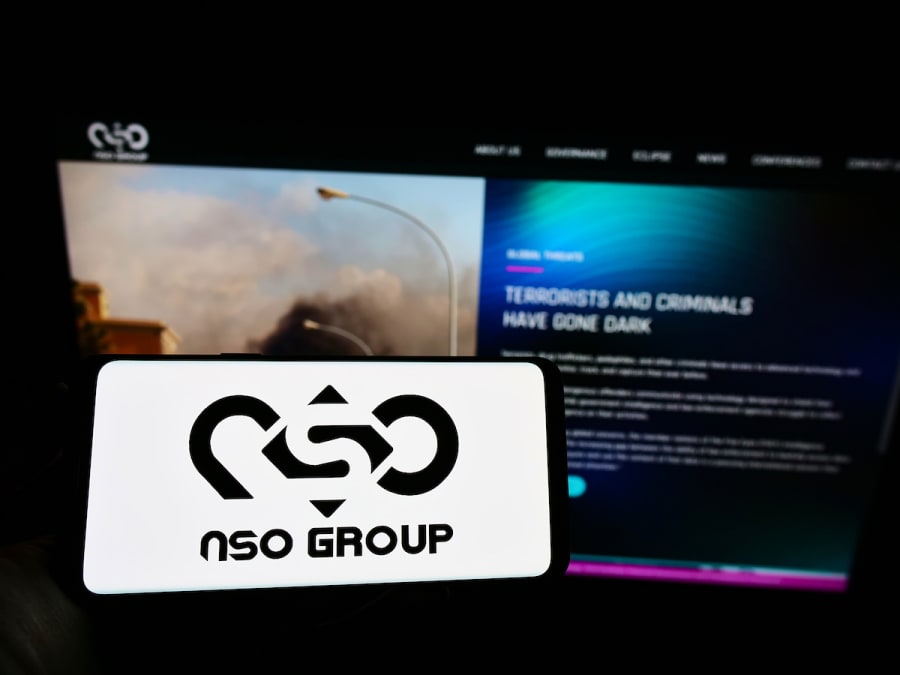US blacklists Israeli cyber firms including NSO for controversial spyware
Israeli firm suspected in government spying on its own dissidents, journalists and politicians

The United States Commerce Department has blacklisted two controversial Israeli cyber companies, NSO and Candiru, due to “activities that are contrary to the national security or foreign policy interests of the United States.”
“NSO Group and Candiru were added to the Entity List based on evidence that these entities developed and supplied spyware to foreign governments,” the official statement read. “The spyware tools were used to maliciously target government officials, journalists, businesspeople, activists, academics, and embassy workers.”
The U.S. also blacklisted the Singapore firm Computer Security Initiative Consultancy PTE Ltd. and the Russian company, Positive Technologies.
In an official statement, U.S. Secretary of Commerce Gina M. Raimondo outlined the dangers posed to societies by these spyware tools.
“These tools have also enabled foreign governments to conduct transnational repression, which is the practice of authoritarian governments targeting dissidents, journalists and activists outside of their sovereign borders to silence dissent,” Raimondo said. “Such practices threaten the rules-based international order."
The U.S. Commerce Department stressed that the decision was consistent with the Biden administration’s strong focus on human rights.
“Today’s action is a part of the Biden-Harris Administration's efforts to put human rights at the center of US foreign policy, including by working to stem the proliferation of digital tools used for repression,” the department stated.
NSO Group said in a statement that is regrets the U.S. decision “since its technologies do indeed support the U.S.’s national interests and policies by preventing terror and crime, and accordingly we will act in order to reverse the decision.”
NSO also said that it would provide information that “makes clear that we have the most strict guidelines in the world and plans to advance human rights, which are based on American values that we deeply relate to – which have already caused us to end our engagements with governmental agencies that used our products inappropriately.”
At the very center of the controversy is a malware system called Pegasus that was developed by the NSO Group that was reportedly used by several governments in the Middle East, Europe and elsewhere to spy on at least 1000 journalists and political dissidents worldwide. Pegasus is capable of harvesting data by switching on a mobile phone’s microphone or camera. NSO denies the charges and insists that its technology was developed to target terrorists and not undermining basic human rights.
French President Emmanuel Macron was reportedly one of the most prominent targets of the Pegasus system controversy. The alarming report prompted Macron to change his mobile device and personal phone number. Israeli Prime Minister Naftali Bennett met with Macron on Monday and the two leaders agreed to solve the NSO spyware case “discreetly.”
Following the spyware scandal, Shalev Hulio, the CEO and founder of the NSO Group will reportedly step down from his post. Hulio will instead become the company’s “global president” and deputy chairman of the board.
NSO’s organizational shakeup will reportedly also lead to an increasingly changed focus from offensive to defensive cyber technologies. It remains to be seen whether NSO will succeed withstanding the global storm that undermines its credibility and ultimately its long-term profitability.

The All Israel News Staff is a team of journalists in Israel.














